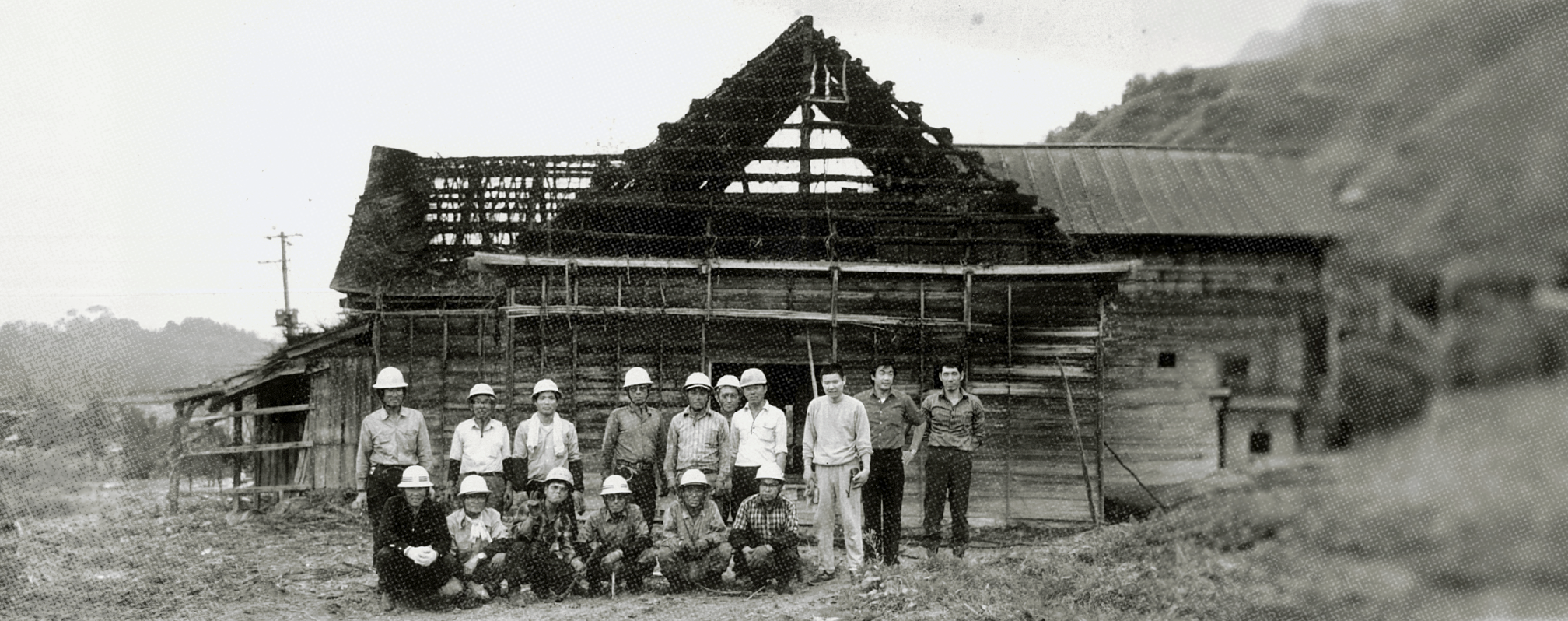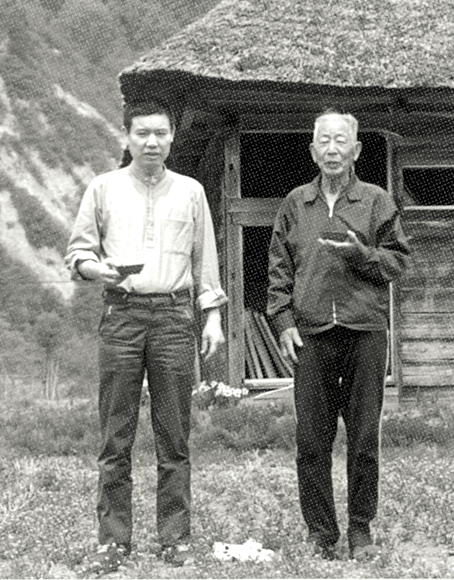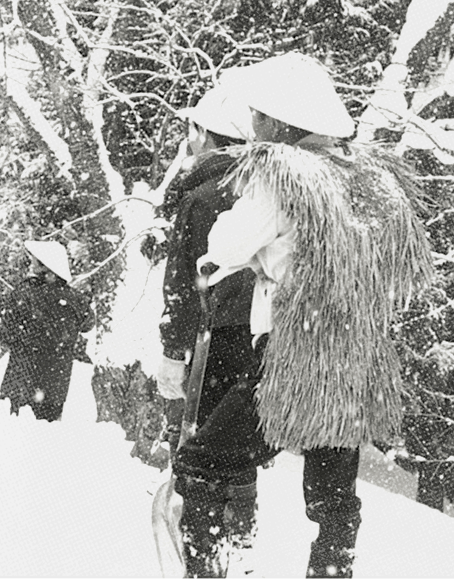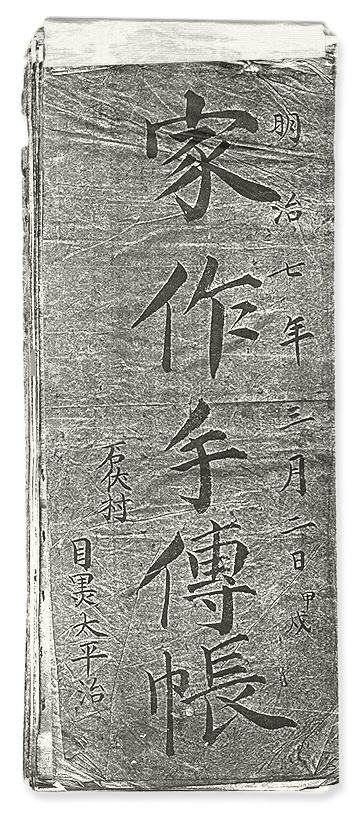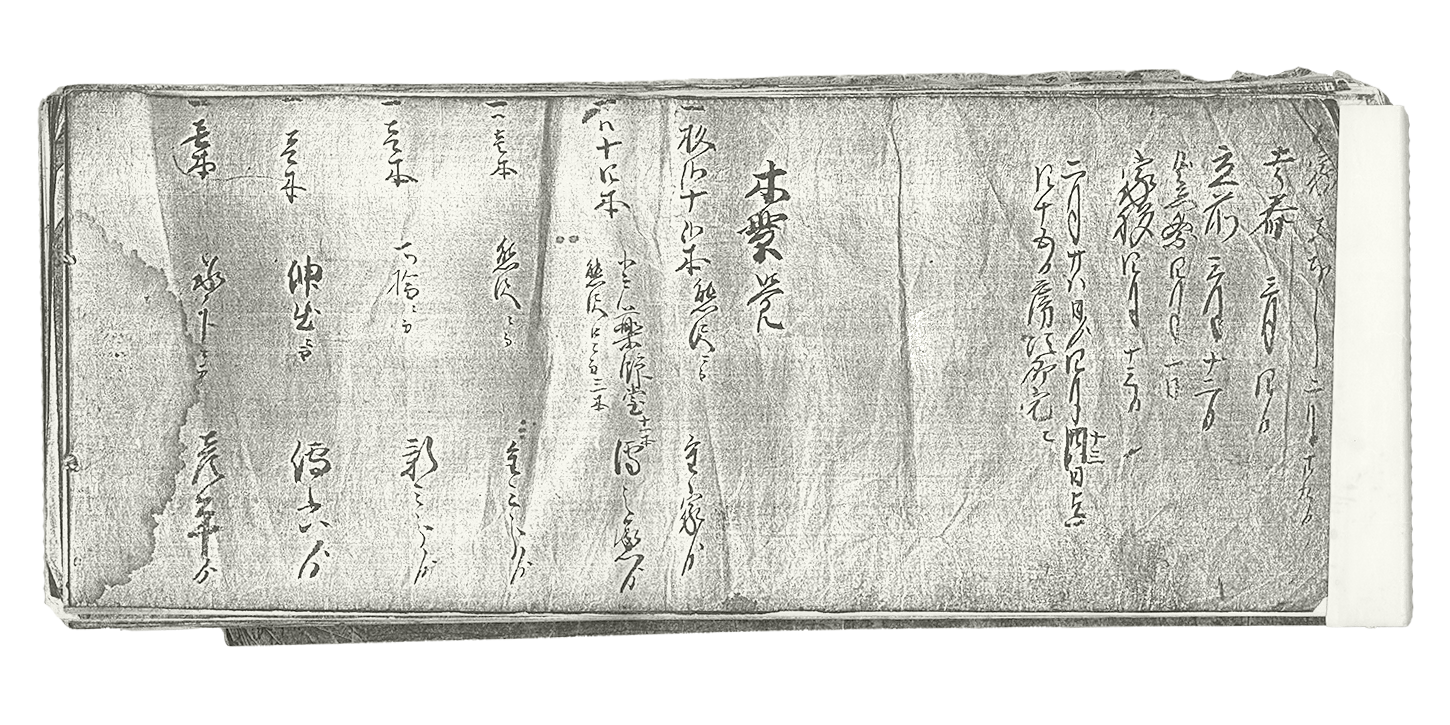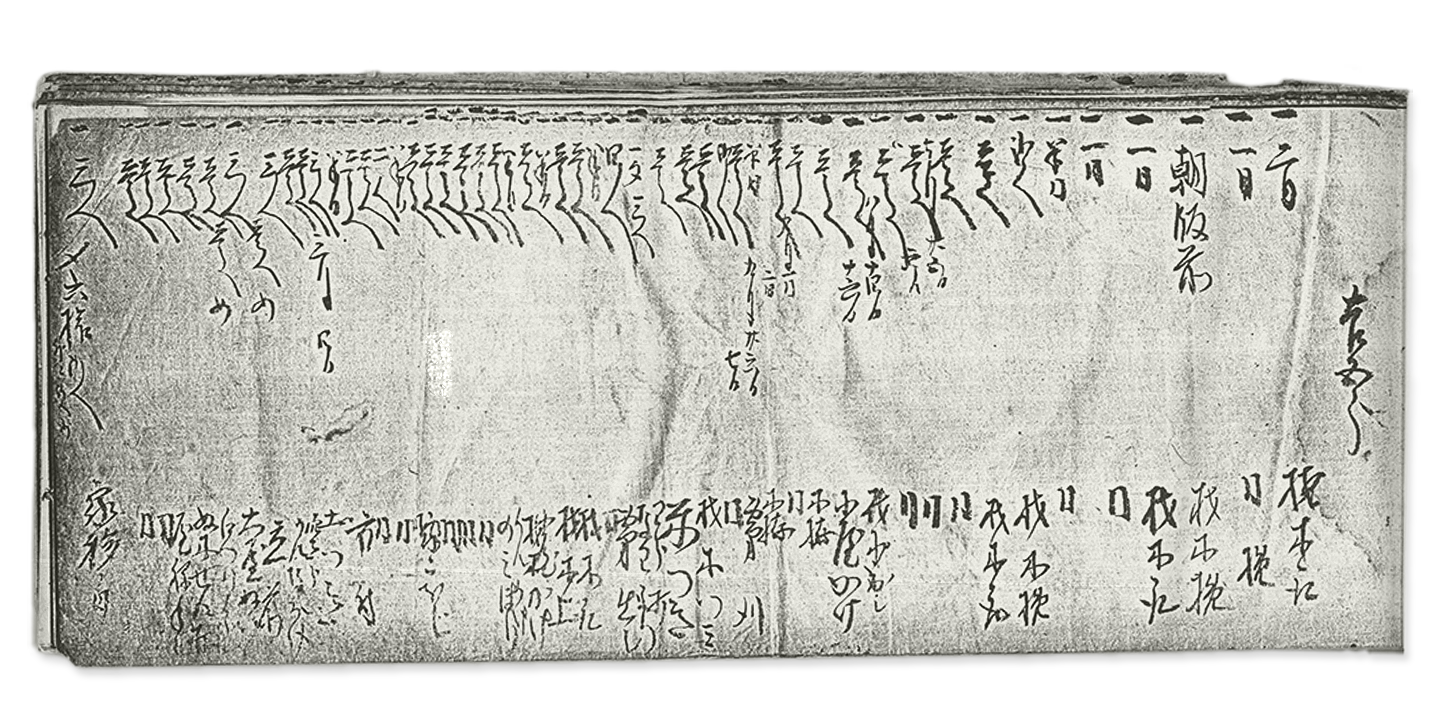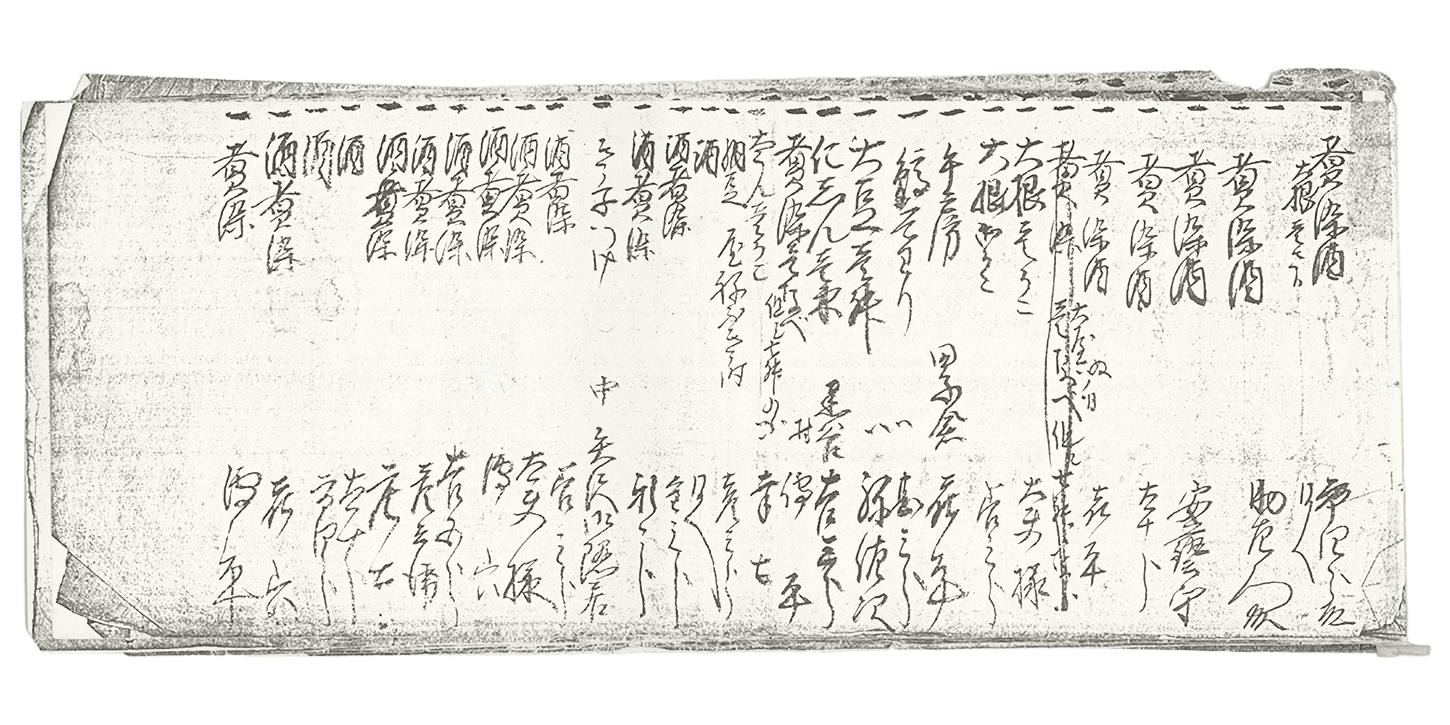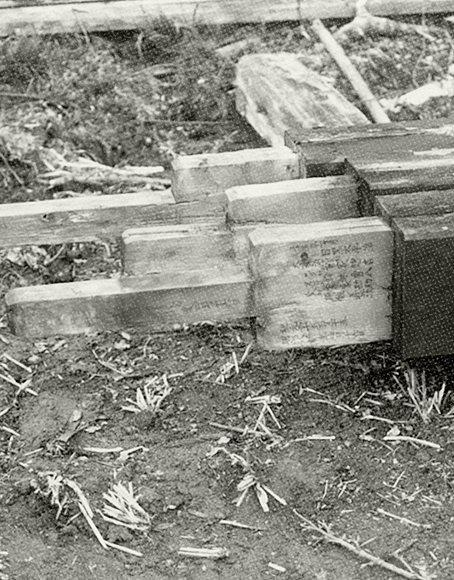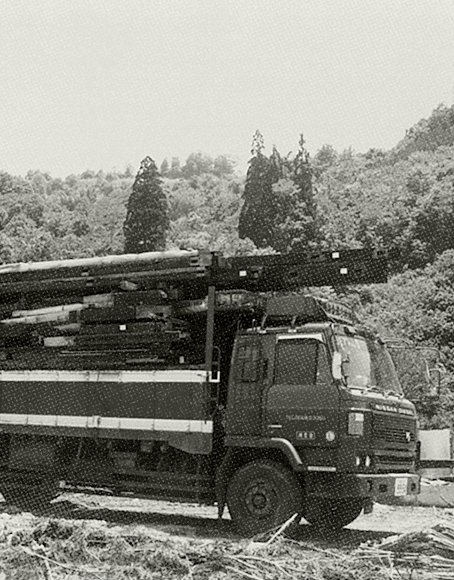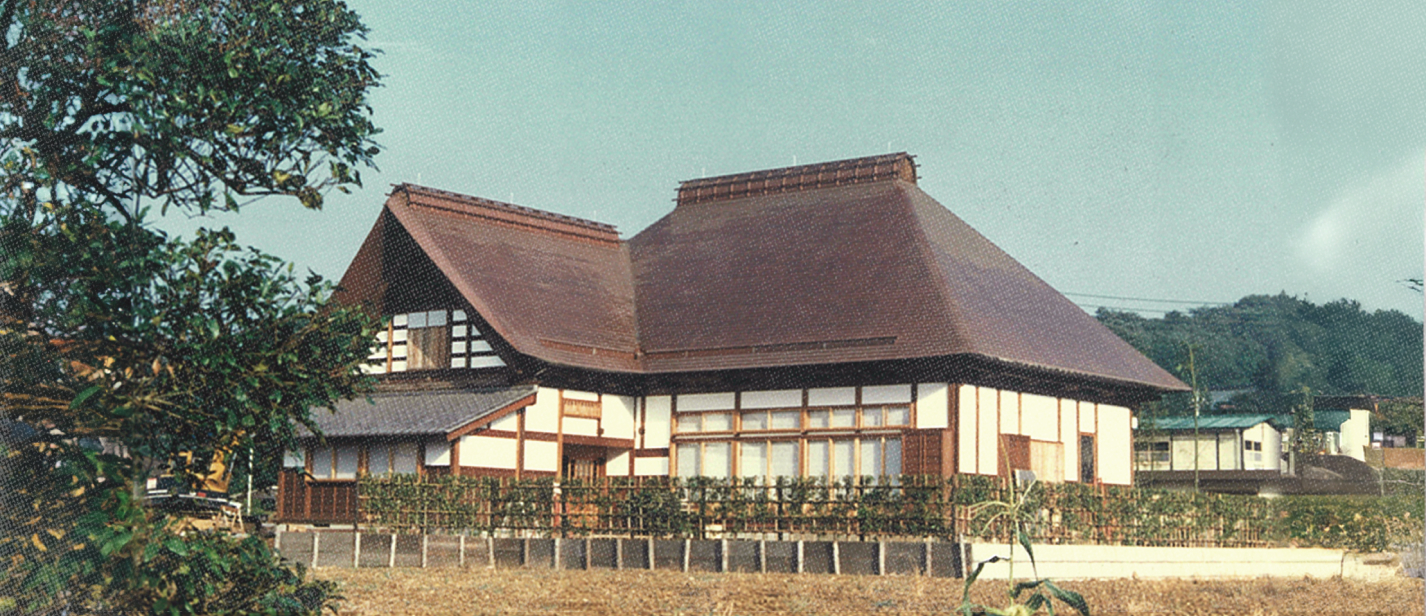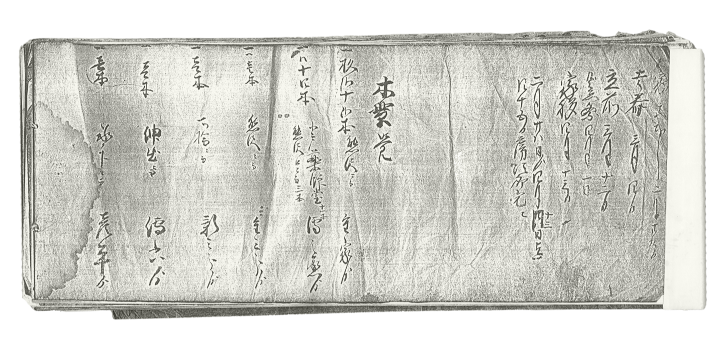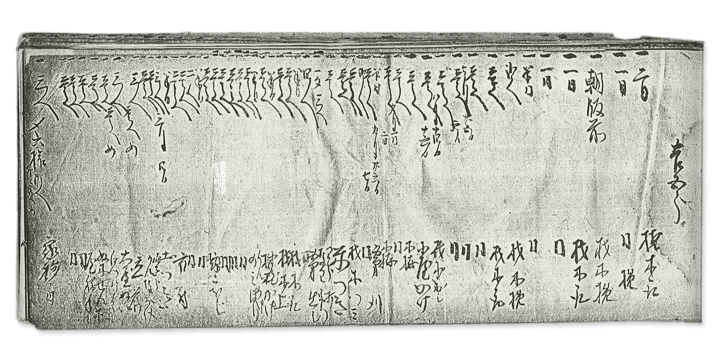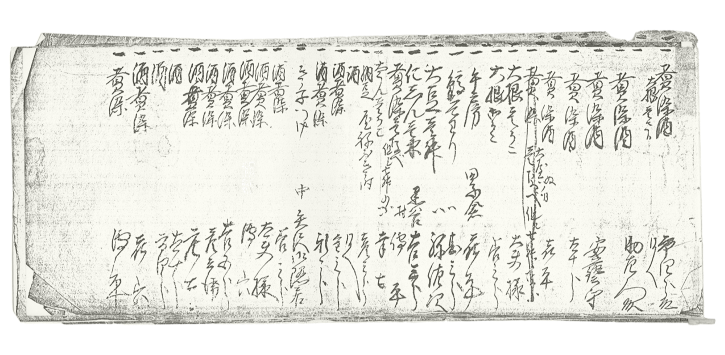Two objectives in our philosophy
More than 30 years ago,We wanted our customers to enjoy safe and secure soba noodles and food in a calm and cultured atmosphere.
It would be such a joy for a person to spend the rest of his or her life in the land of his or her birth, with both parents and children.There is no
However, the reality is that there are only a limited number of schools and workplaces in rural areas. Hence, young people go from rural areas to universities in Tokyo,
Eventually, they found jobs, got married, and started families. Tokyo's population became so concentrated that the housing situation could not keep up.
To solve the problem, a large-scale Tama New Town was created in the Musashino hills.
In an area where many people from the countryside have moved to, we are considering what we can do for them through our traditional soba noodle restaurant.I did.
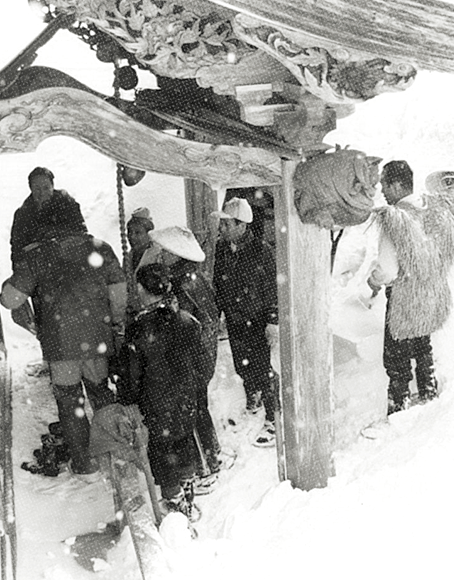
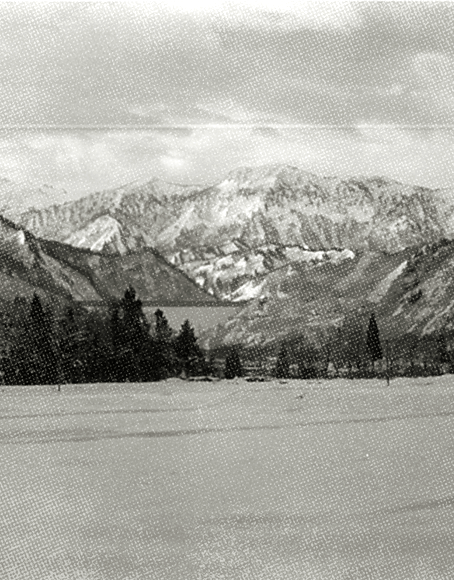
We want to connect the thoughts of fathers, mothers, grandfathers and grandmothers living in the countryside with their sons and grandsons living in the city.I wonder how my mom and dad are doing..."
We want to create a space where people are driven by such thoughts while the soba noodles are being served.Yes, I decided to relocate and rehabilitate a private house in the countryside.
I felt that nothing would make me happier than if I could be of any help to parents thinking of their children and children thinking of their parents, and this thought kept growing and growing. I thought that if I did so, I could become a car family that I could be proud of.


